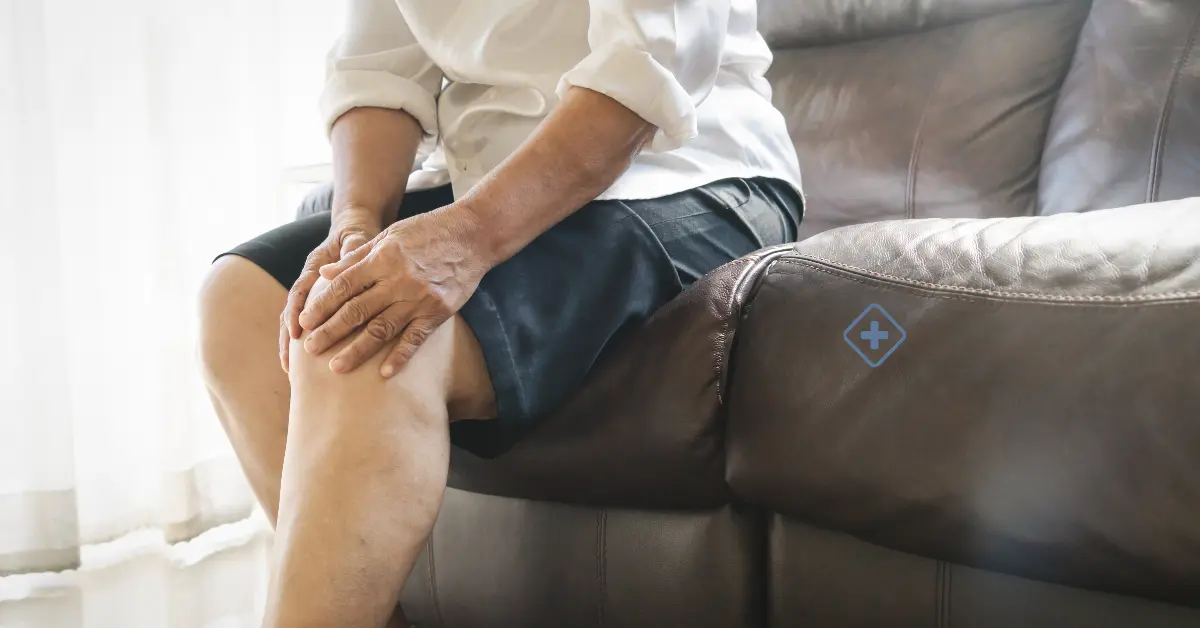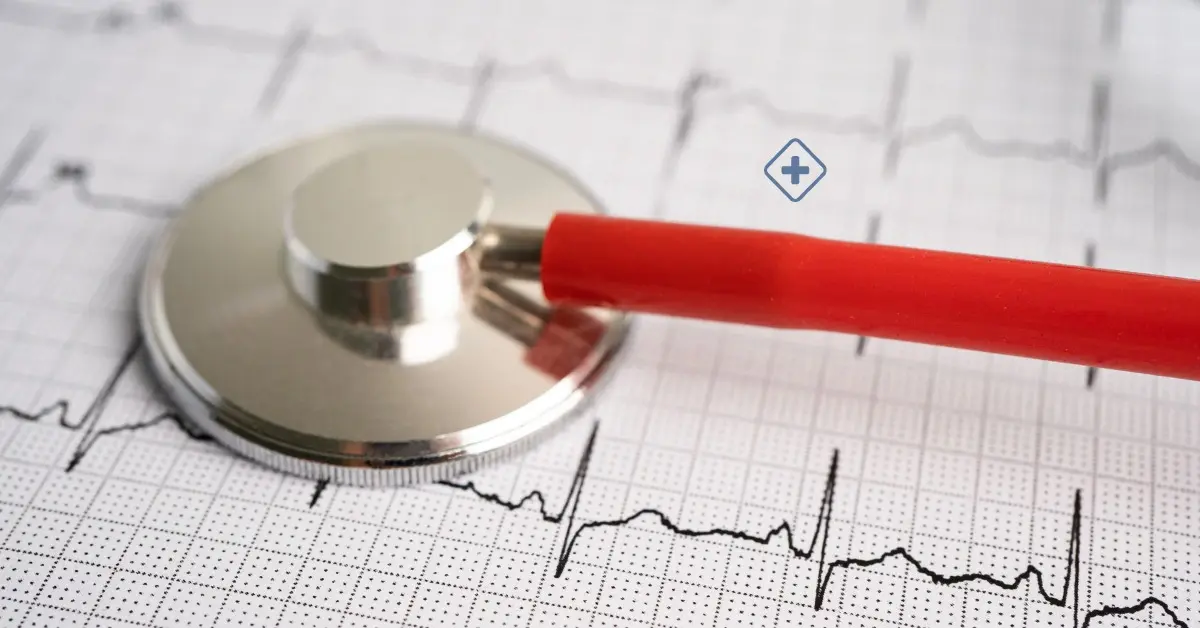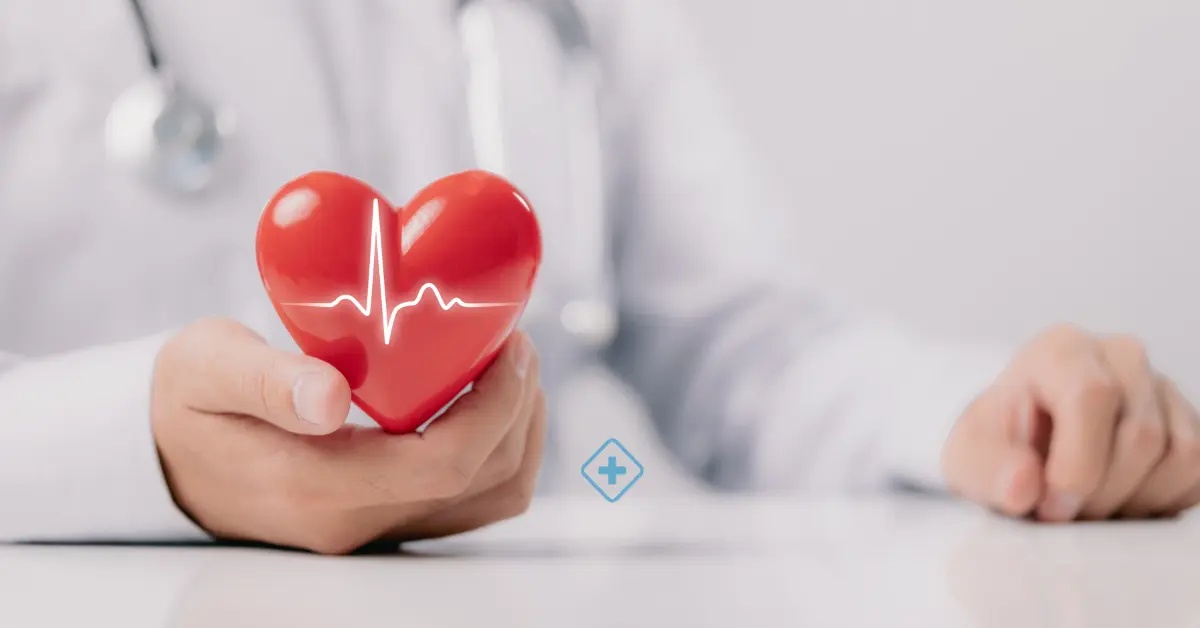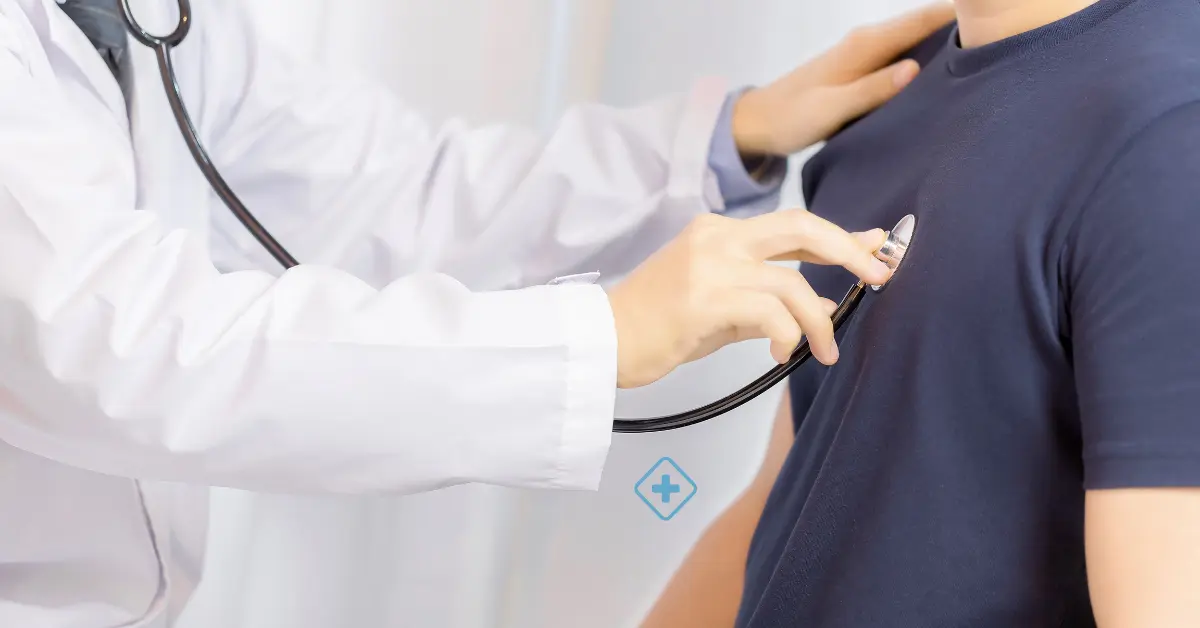
Acute Coronary Syndrome
The Acute Coronary Syndrome causes severe chest pain and requires immediate medical attention.

Some diseases related to recurrent and reduced blood flow to the heart are known as Acute Coronary Syndrome.
One of these conditions is a heart attack when cell death damages or destroys heart tissue. Even though Acute Coronary Syndrome does not cause cell death, decreased blood flow changes the way the heart works, increasing the risk of having a heart attack.
Acute Coronary Syndrome causes severe chest pain and requires immediate medical attention.
Causes
Acute Coronary Syndrome results from the accumulation of plaque (fat) deposits on the walls of the arteries that carry oxygen to the heart.
A plaque can block blood flow in two ways:
-
Over time an artery becomes narrow enough to become blocked and cause symptoms.
-
The plaque suddenly breaks down, forming a blood clot, the clot blocks the artery.
Symptoms
Symptoms vary depending on age, disease, or sex.
The following are the most common symptoms:
-
Chest pain (angina), chest pain
-
Pain in the chest, shoulders, arms, abdomen, back, neck, or jaw
-
Nausea and vomiting
-
Indigestion
-
Trouble breathing
-
Anxiety disorders
-
Sweating
-
Dizziness
-
Fainting
Risk factor's
- Strokes
- Unhealthy eating
- Family history of chest pain
- History of high blood pressure
- History of diabetes during pregnancy
- High cholesterol
- Diabetes
- Age, aging
- Disease with COVID-19
- Heart diseases
- Lack of physical activity
- Obesity
- High blood pressure
- Smoking
Diagnosis of Acute Coronary Syndrome
The Cardiologist will perform a physical exam, asking questions related to your symptoms, lifestyle, and medical history.
Following are some of the possible tests that the Cardiologist could perform:
- Blood test
- Coronary angiography allows us to visualize the state of the blood vessels of the heart.
- Computed tomography angiography, through images, allows detecting obstructed coronary arteries.
- Electrocardiogram
- The Echocardiogram allows determining if the heart is pumping correctly
- CT Scan
- Myocardial perfusion enables you to visualize how blood flows through the heart muscle.
- Stress test
Treatment of Acute Coronary Syndrome
Through the treatment provided, the Cardiologist will seek to improve blood flow, relieve pain, and restore the functioning of the heart.
Common treatment options include:
-
Medicines
-
Thrombolytics, thin a blood clot that is blocking an artery
-
Nitroglycerin improves blood flow
-
Antiplatelet, such as aspirin, help prevent blood clots.
-
Beta-blockers relax the heart muscle and slow the heart rate.
-
Angiotensin-converting enzyme inhibitors improve blood flow, making the heart work better.
-
Angiotensin receptor blockers allow control of blood pressure.
-
Statins lower the cholesterol carried in the blood.
-
Surgery, the Cardiologist, may opt for a surgical process if the medications have not worked, and it is necessary to stabilize the blood flow to the heart muscles.
-
Angioplasty and stenting
-
Coronary artery bypass surgery
Living with Acute Coronary Syndrome
When you have already been diagnosed with Cardiomyopathy, follow the treatment provided by your Cardiologist. Some things to consider that could help improve the quality of life are:
-
Eat healthily
-
Attend your appointments with the Cardiologist
-
Reduce stress
-
Sleep well
-
Controls high blood pressure, cholesterol, and blood sugar
-
Do not use drugs or alcohol
-
Exercise daily
Take your treatment, don't miss your appointments with your Cardiologist, and live happily, don't worry. You can do it!
¿When do you have to see a doctor?
If you have any signs or another abnormal symptom, go or call the emergency number in Los Cabos +52 (624) 104 3911 for immediate help.
The Cardiologist is in charge of treating Acute Coronary Syndrome; he will be in charge of making a diagnosis to identify the cause of the symptoms and identify the severity of the condition.
When consulting your doctor, we recommend keeping a record of your pain with a detailed description of the symptoms, duration, and what you think triggered them. Also, mention any medications you are taking.
BlueNetHospitals - Hospital Los Cabos
BlueNet Hospitals

Deep Vein Thrombosis
A Peripheral Vascular Surgeon is the specialist in Deep Vein Thrombosis
Cardiac Ablation
Cardiac ablation is recommended when treatments are no longer effective or are not well tolerated to treat arrhythmias
Extrasystoles
Ventricular extrasystoles may not present symptoms; in other cases, they may cause unpleasant or alarming sensations.
Heart Murmurs
A heart murmur is an unusual sound that is heard when blood flows through the heart.
- Do You Need an Appointment with a Specialist?
- call us
- write us
- let's talk





